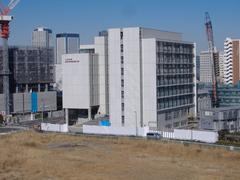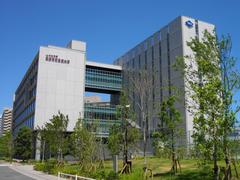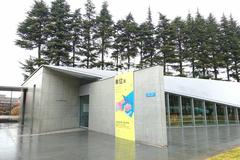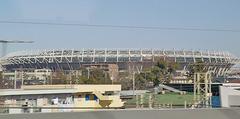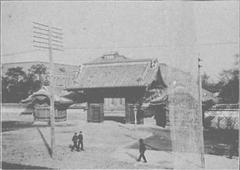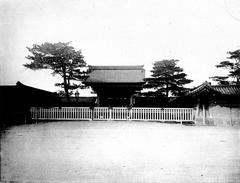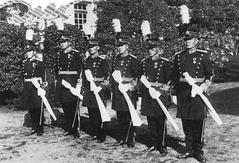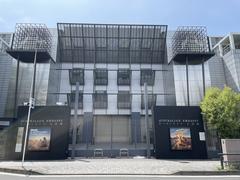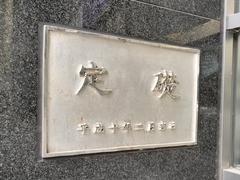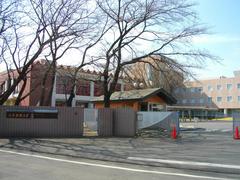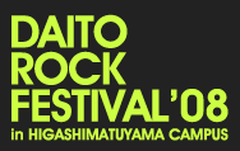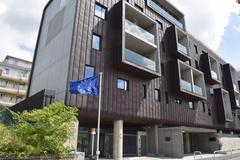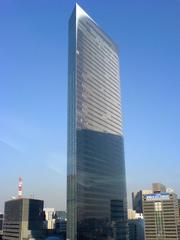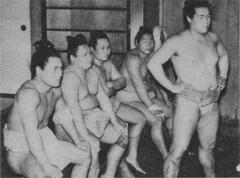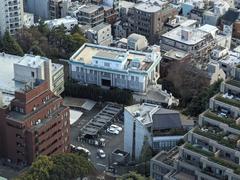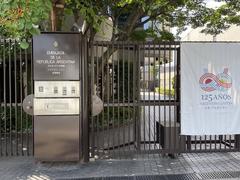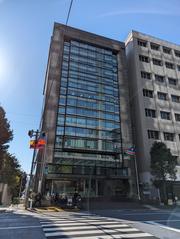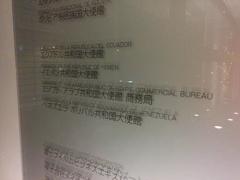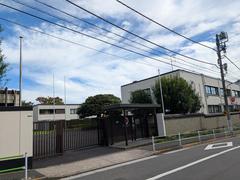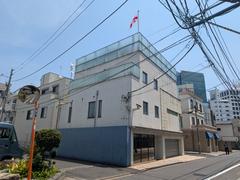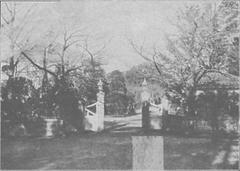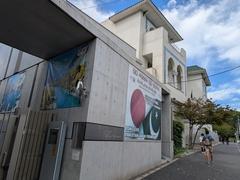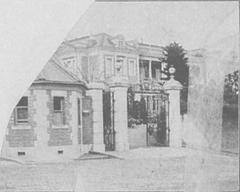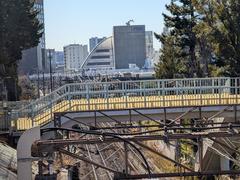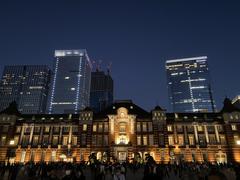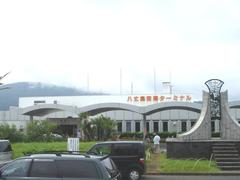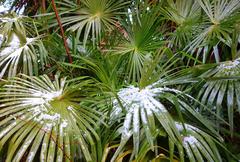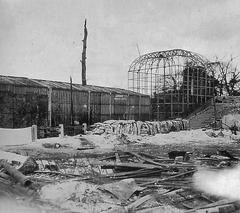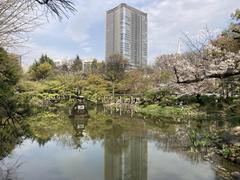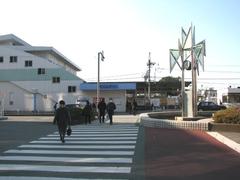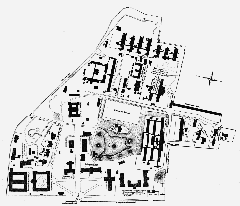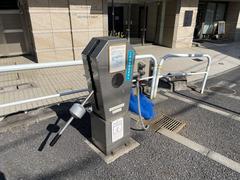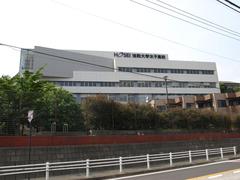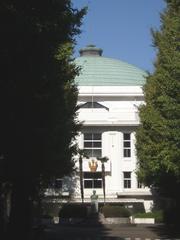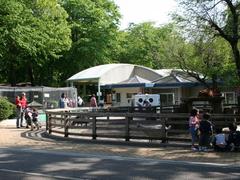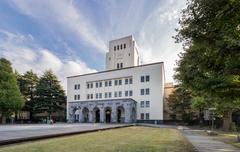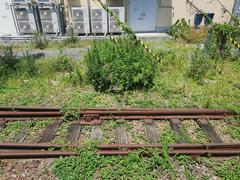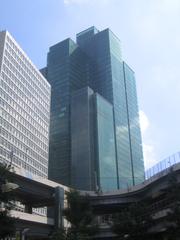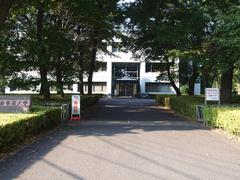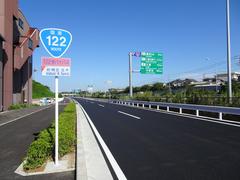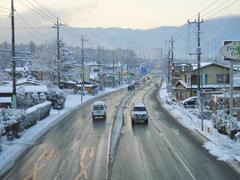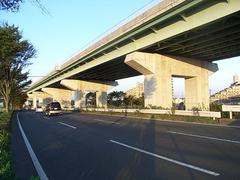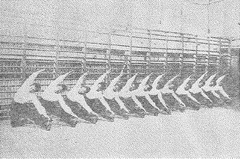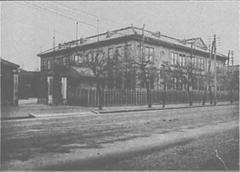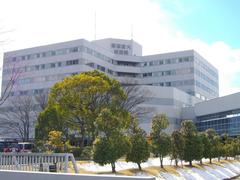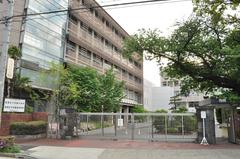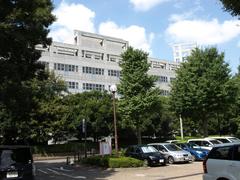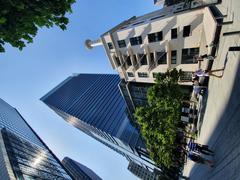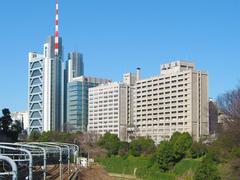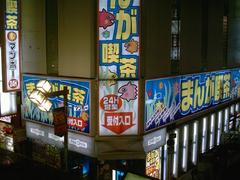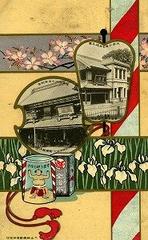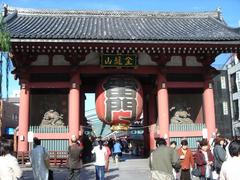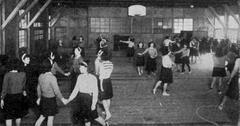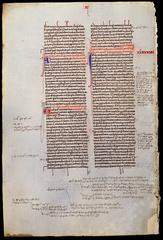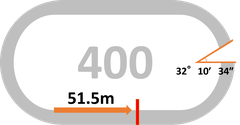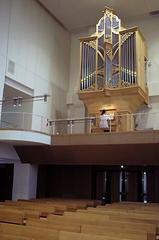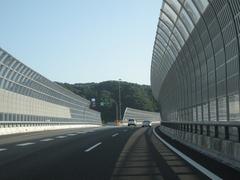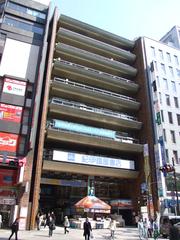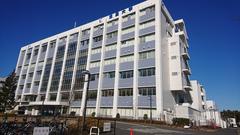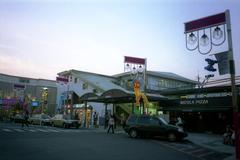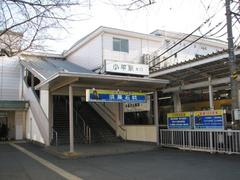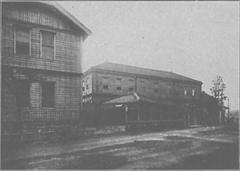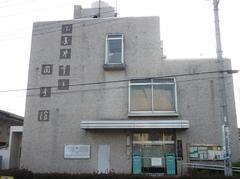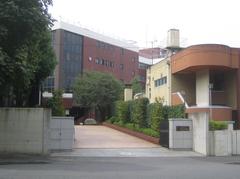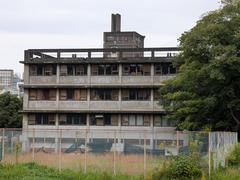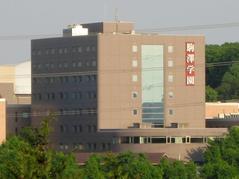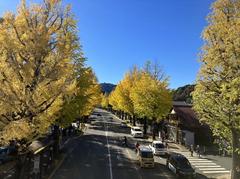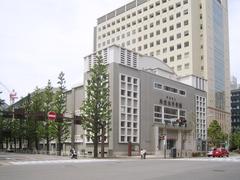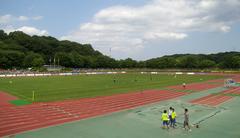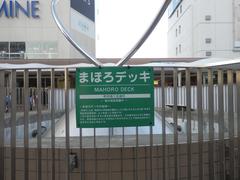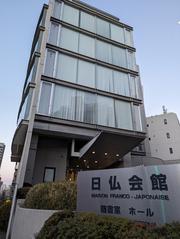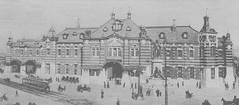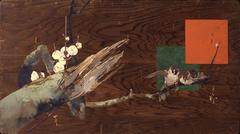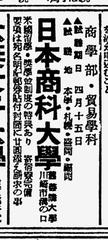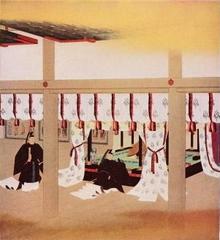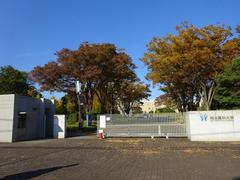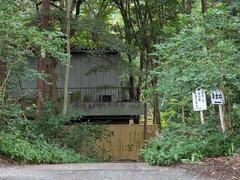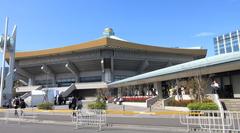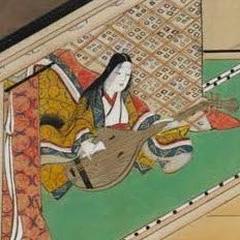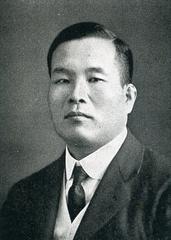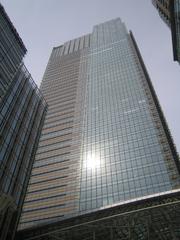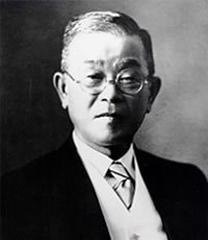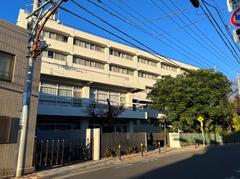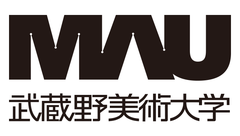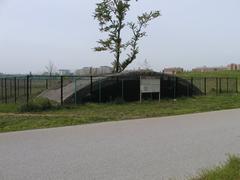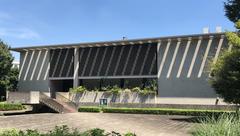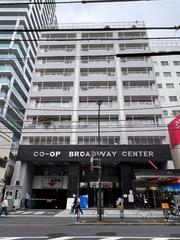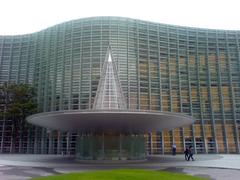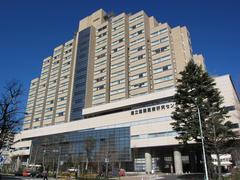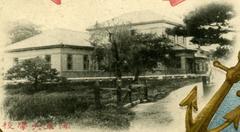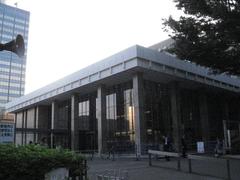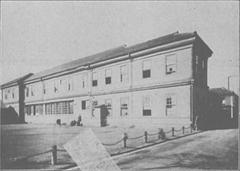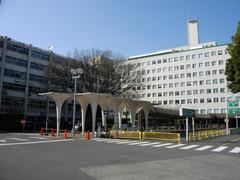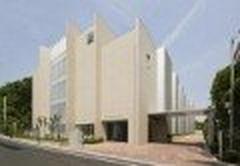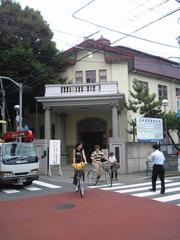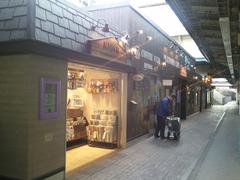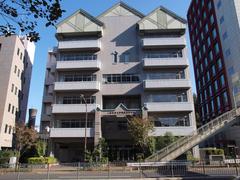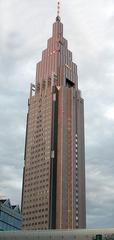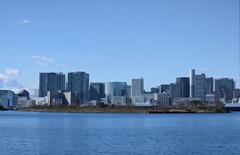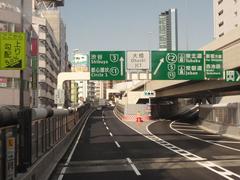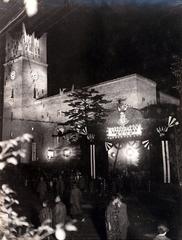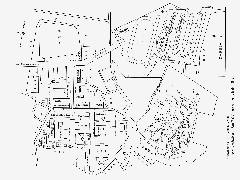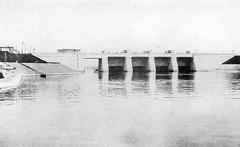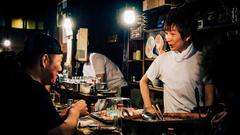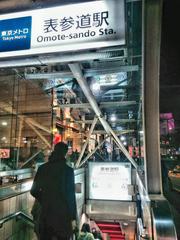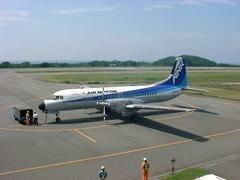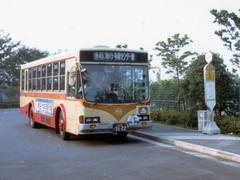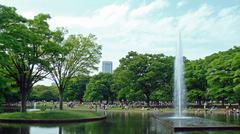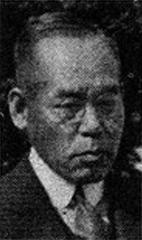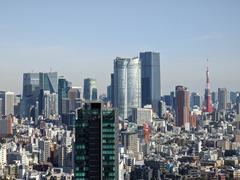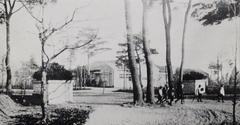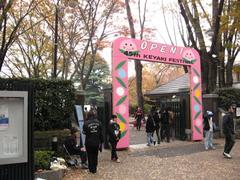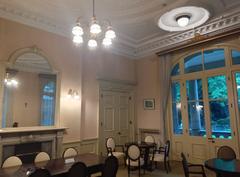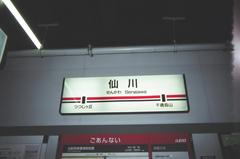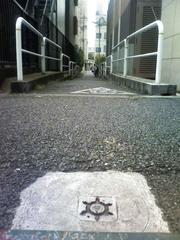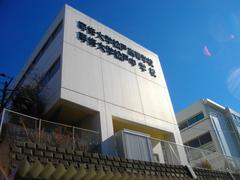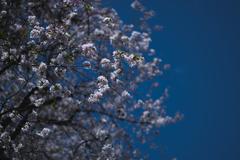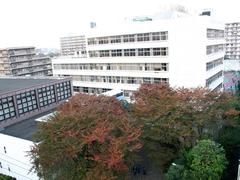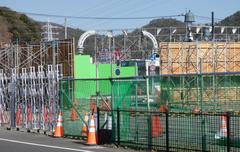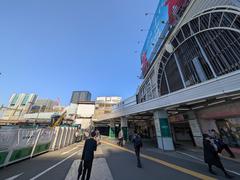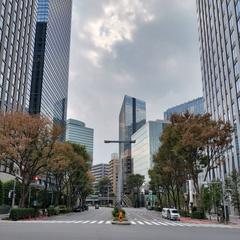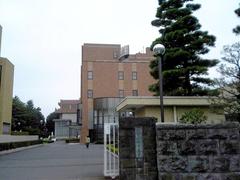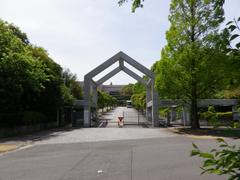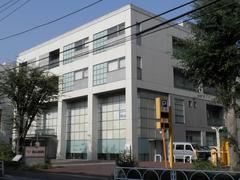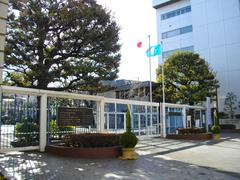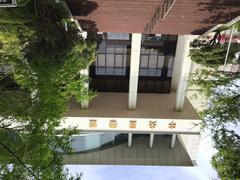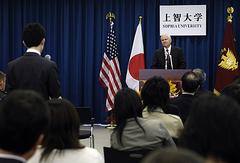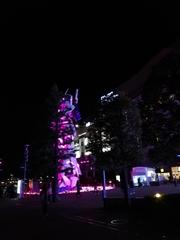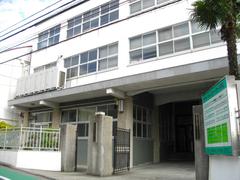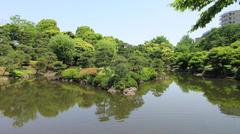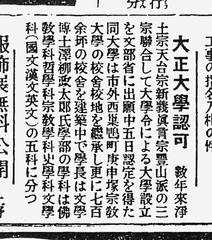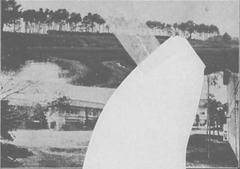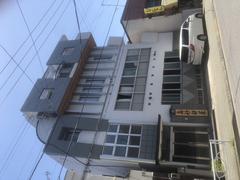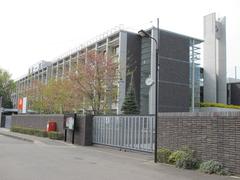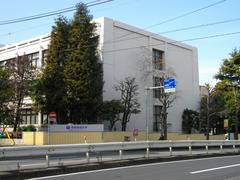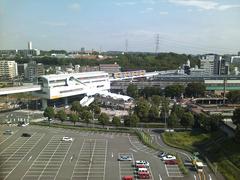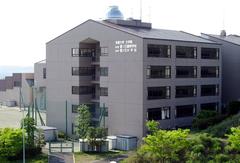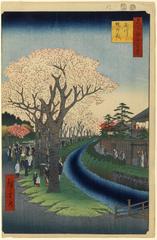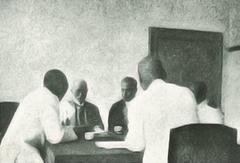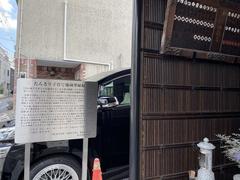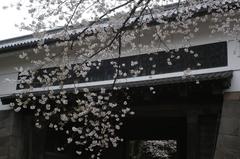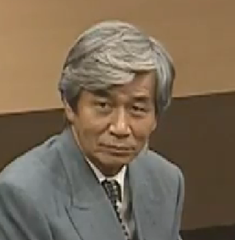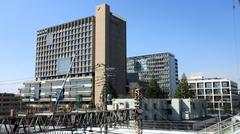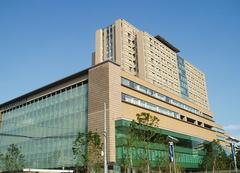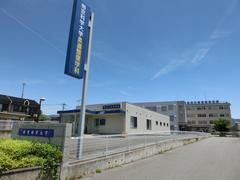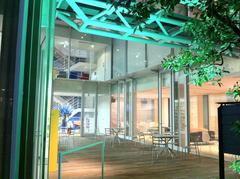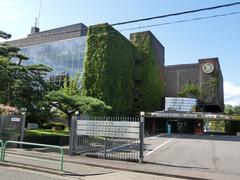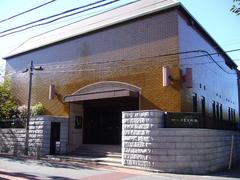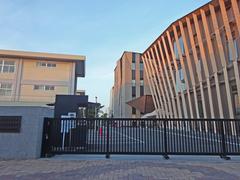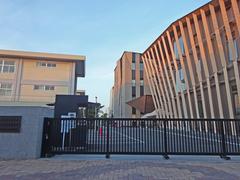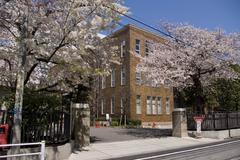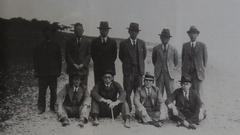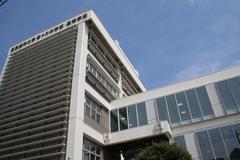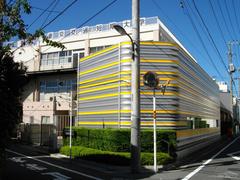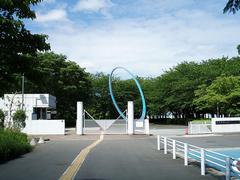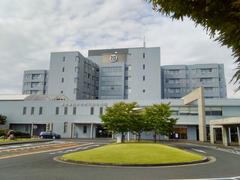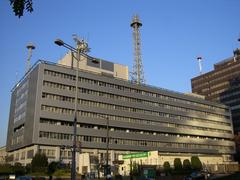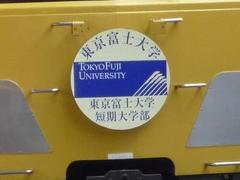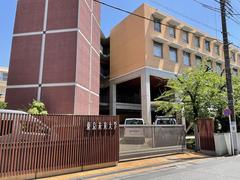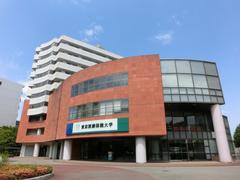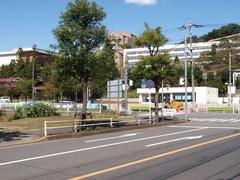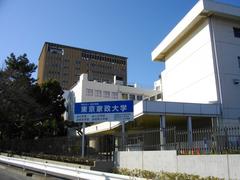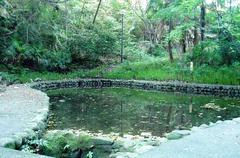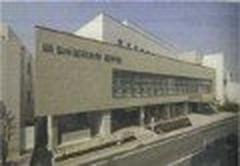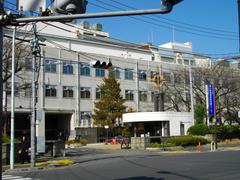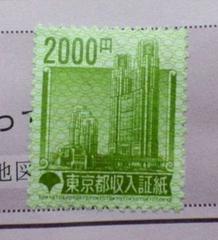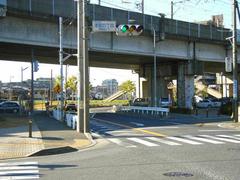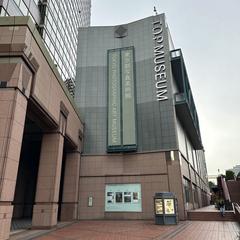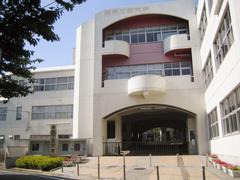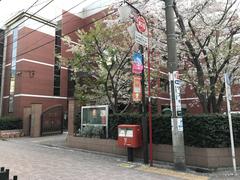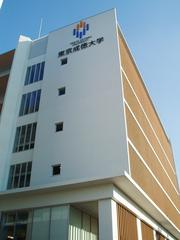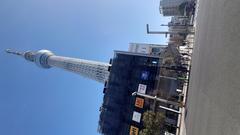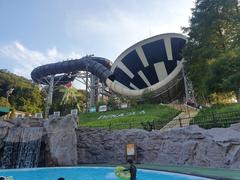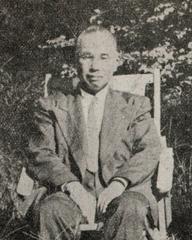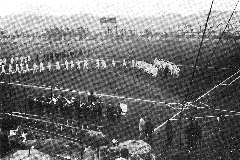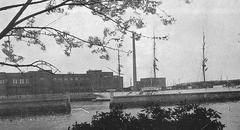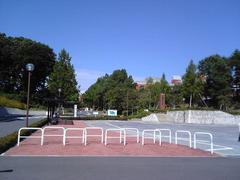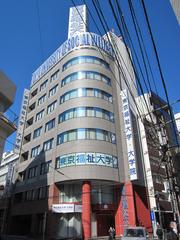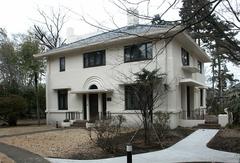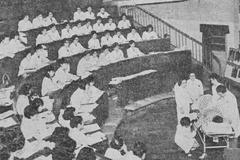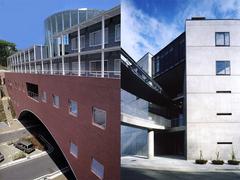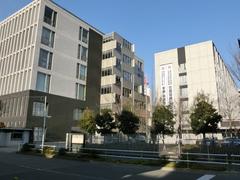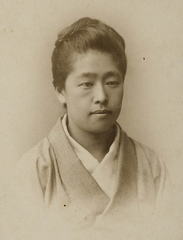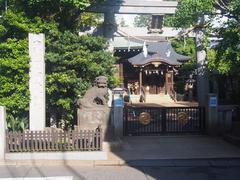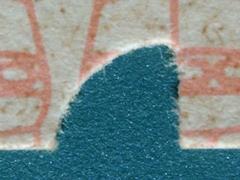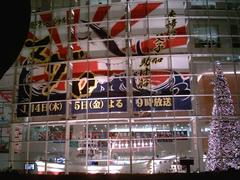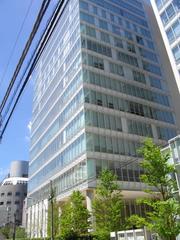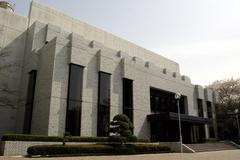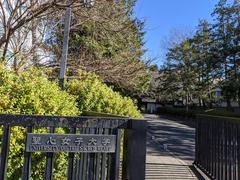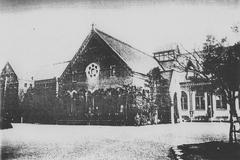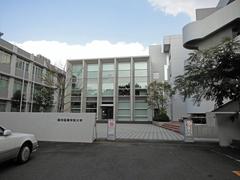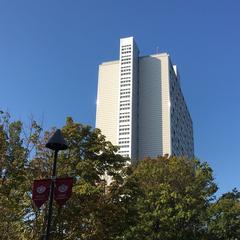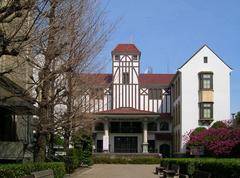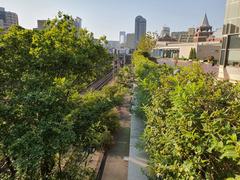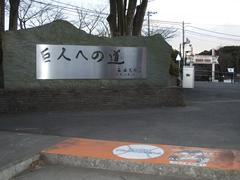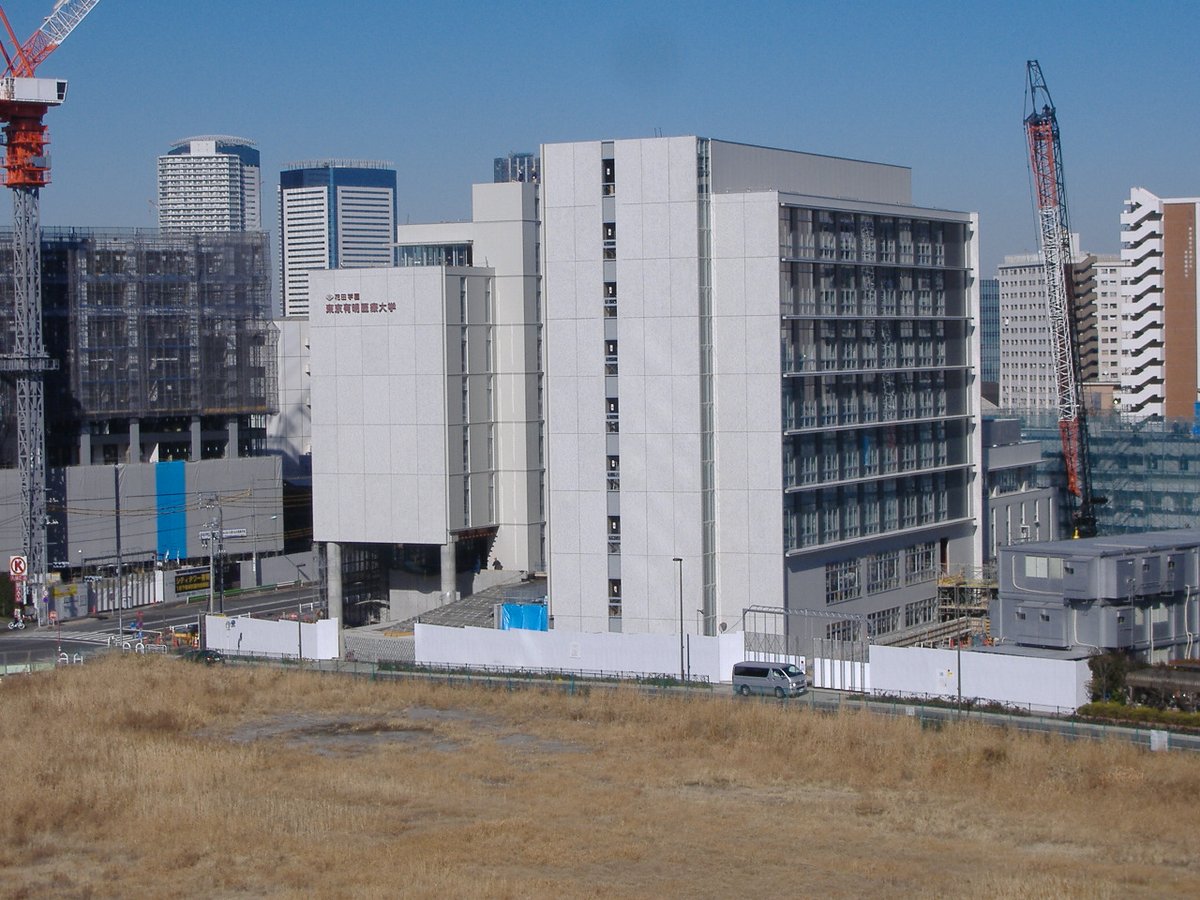
Tokyo Ariake University of Medical and Health Sciences: Visiting Hours, Tickets, and Campus Guide
Date: 14/06/2025
Introduction
Tokyo Ariake University of Medical and Health Sciences (TAU), located in the dynamic Ariake district of Tokyo’s Koto Ward, epitomizes the intersection of traditional Japanese medical arts and contemporary healthcare education. Established in 2009 by the Hanada Gakuen Educational Foundation, TAU is renowned for integrating ancient healing practices—such as acupuncture, moxibustion, and judo therapy—with modern nursing and clinical training. The campus offers state-of-the-art simulation labs alongside tatami-matted rooms for traditional therapies, reflecting its mission to harmonize Japan’s medical heritage with global healthcare innovation.
While the university is primarily an academic institution and not a typical tourist attraction, it regularly hosts open campus events, health seminars, and cultural exhibitions, giving the public unique access to its facilities and educational programs. Its strategic location near major Tokyo landmarks like Odaiba and Tokyo Big Sight makes TAU an accessible and rewarding stop for prospective students, healthcare professionals, and travelers interested in Japan’s medical culture. This comprehensive guide details visiting hours, transportation, campus highlights, accessibility, and expert tips for maximizing your TAU experience (TAU Official Website, TAU Open Campus, Go Tokyo).
Table of Contents
- Welcome to Tokyo Ariake University of Medical and Health Sciences: Your Visitor’s Guide
- History and Cultural Legacy
- Planning Your Visit
- Campus Highlights
- The Tokyo Ariake University Monument
- Nearby Attractions
- FAQs
- Tips for a Successful Visit
- References and Further Resources
Welcome to Tokyo Ariake University of Medical and Health Sciences: Your Visitor’s Guide
TAU welcomes a diverse array of visitors—from aspiring medical students and healthcare professionals to culturally curious travelers. The university’s blend of traditional and modern medical disciplines, showcased across its campus and through public events, offers a unique window into both Japan’s medical past and its vision for the future.
History and Cultural Legacy
Founded in 2009 by the Hanada Gakuen Educational Foundation (itself established in 1963), TAU was conceived to advance integrative medicine by combining time-honored Japanese therapies with rigorous modern healthcare training. The university preserves and promotes Japan’s intangible medical heritage through research, clinical practice, and community engagement (kotobank).
Planning Your Visit
Visiting Hours and Ticketing
- General Access: The university does not have regular public visiting hours or ticket sales.
- Open Campus Events: TAU hosts open campus days, health seminars, and cultural exhibitions, typically on weekends or holidays. These are the best opportunities for public visitation and may require prior registration.
- Event Schedules: For up-to-date information, consult the TAU Open Campus page or contact the administration office.
Guided Tours and Accessibility
- Guided Tours: Available during open campus days or by prior arrangement for educational groups. Tours often include access to acupuncture and judo therapy practice rooms, simulation labs, and research facilities.
- Accessibility: The campus is fully wheelchair accessible, with elevators, ramps, and accessible restrooms throughout. For specific needs, contact visitor services in advance (TAU Official).
Getting There
- By Train:
- Kokusai-Tenjijo Station (Rinkai Line): ~10-minute walk
- Ariake Station (Yurikamome Line): ~8-minute walk
- By Bus: Several routes connect Ariake to central Tokyo and Odaiba.
- From Airports: Limousine buses and trains from Haneda (20–30 minutes) and Narita (60–75 minutes) stop nearby (Go Tokyo).
- By Car: Accessible via Shuto Expressway; parking is available at Ariake Garden and Tokyo Big Sight.
Campus Highlights
- Tatami-matted Traditional Therapy Rooms: Spaces for acupuncture and moxibustion practice.
- Simulation Labs: High-tech training facilities for nursing and clinical education.
- Research Centers: Focused on integrative medicine and community health.
- Partnership Hospitals: Clinical training and internships for students.
- Virtual Tours: Occasional online tours and photo galleries available on the university website.
The Tokyo Ariake University Monument
Overview and Significance
Situated on the TAU campus, the Tokyo Ariake University Monument commemorates the university’s founding and its commitment to integrating Eastern and Western medical sciences. The monument’s contemporary design incorporates symbolic elements of traditional healing and modern medical advancements.
- Location: 2-9-1 Ariake, Koto-ku, Tokyo 135-0063
- Access: Open to the public free of charge during campus hours (8:30 AM – 6:00 PM).
- Guided Tours: Available during open campus events (TAU Open Campus).
- Photography: The monument, set against Tokyo Bay and Ariake’s skyline, is a popular spot for photos, especially at sunset.
Facilities
- Visitor Information Center: Open during special events.
- Cafeteria and Rest Areas: On-campus options for meals and relaxation.
- Barrier-Free Access: The monument and campus grounds are designed for universal accessibility.
Nearby Attractions
- Odaiba: Entertainment and shopping district.
- Tokyo Big Sight: Major convention and exhibition center (Go Tokyo).
- Ariake Garden: Shopping, dining, spa, and hotel facilities.
- Ariake Tennis Forest Park: Sports and outdoor activities.
- Miraikan: National Museum of Emerging Science and Innovation.
- Tokyo Bay Promenades: Scenic walks and parks along the waterfront.
Frequently Asked Questions (FAQ)
Q: What are TAU’s public visiting hours?
A: Campus is open to students and staff during university hours (8:30 AM – 6:00 PM). Public access is available during open campus events and seminars. Check the official website for schedules.
Q: Is there an entrance fee or ticket required?
A: No regular admission fee. Event participation may require prior registration.
Q: Are guided tours available?
A: Tours are offered during open campus events and by appointment for groups.
Q: Is the campus and monument accessible for visitors with disabilities?
A: Yes, with elevators, ramps, and accessible restrooms throughout the grounds.
Q: Can I take photographs?
A: Photography is welcome for personal use.
Q: What are the best public transportation options?
A: Yurikamome and Rinkai Line stations are within a 10-minute walk. Limousine buses from major airports also serve Ariake.
Q: Are there hotels and dining nearby?
A: Yes, options include the Villa Fontaine Grand Tokyo Ariake and Ariake Garden complex.
Tips for a Successful Visit
- Attend open campus events for the richest experience.
- Plan your route via public transportation for convenience.
- Combine your visit with nearby attractions for a full-day itinerary.
- Bring ID, comfortable shoes, and an IC card (e.g., Suica or Pasmo) for transit.
- Check the university’s event calendar and social media for last-minute updates.
References and Further Resources
- TAU Official Website
- TAU Open Campus
- Go Tokyo – Ariake District
- Tokyo Ariake Tourism Board
- TAU Access and Visitor Info
- Wikipedia – TAU
- uniRank Map – TAU Location
- Tokyo Cheapo – Ariake
Visuals


Call to Action
Plan your visit to Tokyo Ariake University of Medical and Health Sciences and discover the synergy of tradition and innovation in Japanese healthcare education. Download the Audiala app for event notifications, campus maps, and travel tips. Follow us on social media for the latest updates and event announcements.
For more on Tokyo’s educational institutions and top attractions:
Summary:
Visiting TAU offers a rare look into Japan’s evolving healthcare landscape and its preservation of traditional medical arts. Whether you attend an open campus event or simply explore the Ariake district, you’ll gain meaningful insights into the fusion of culture, science, and community that defines this unique institution. For the latest event information and visitor updates, always refer to the TAU Official Website, TAU Open Campus, and Go Tokyo.
